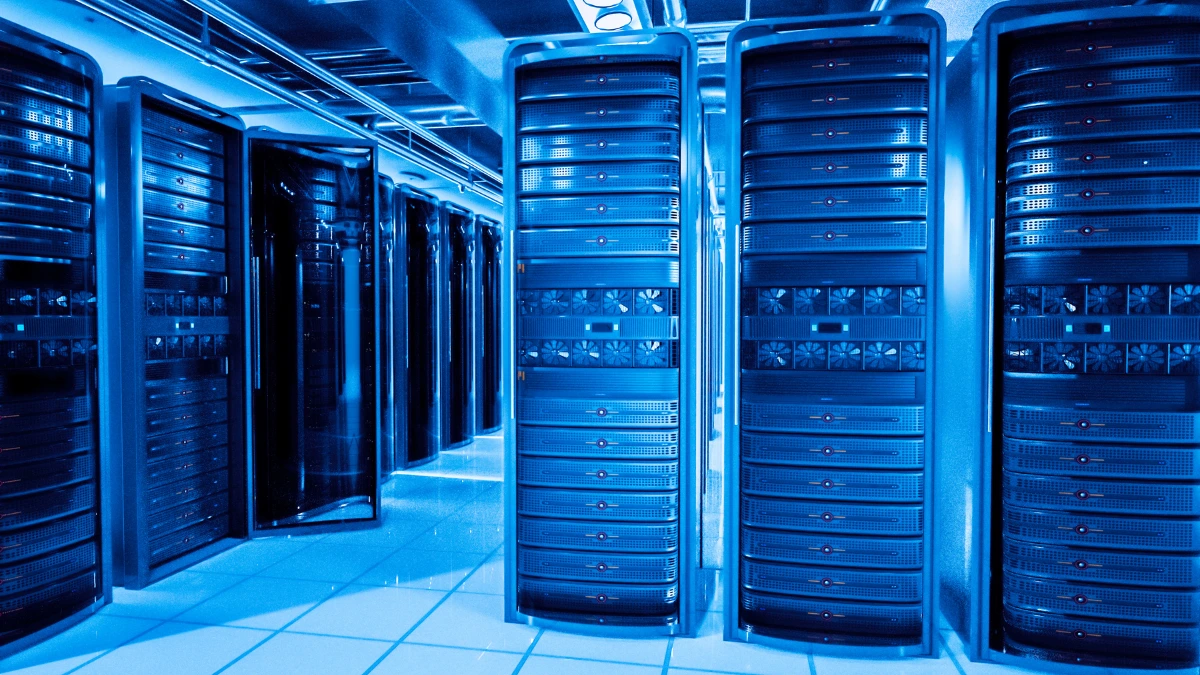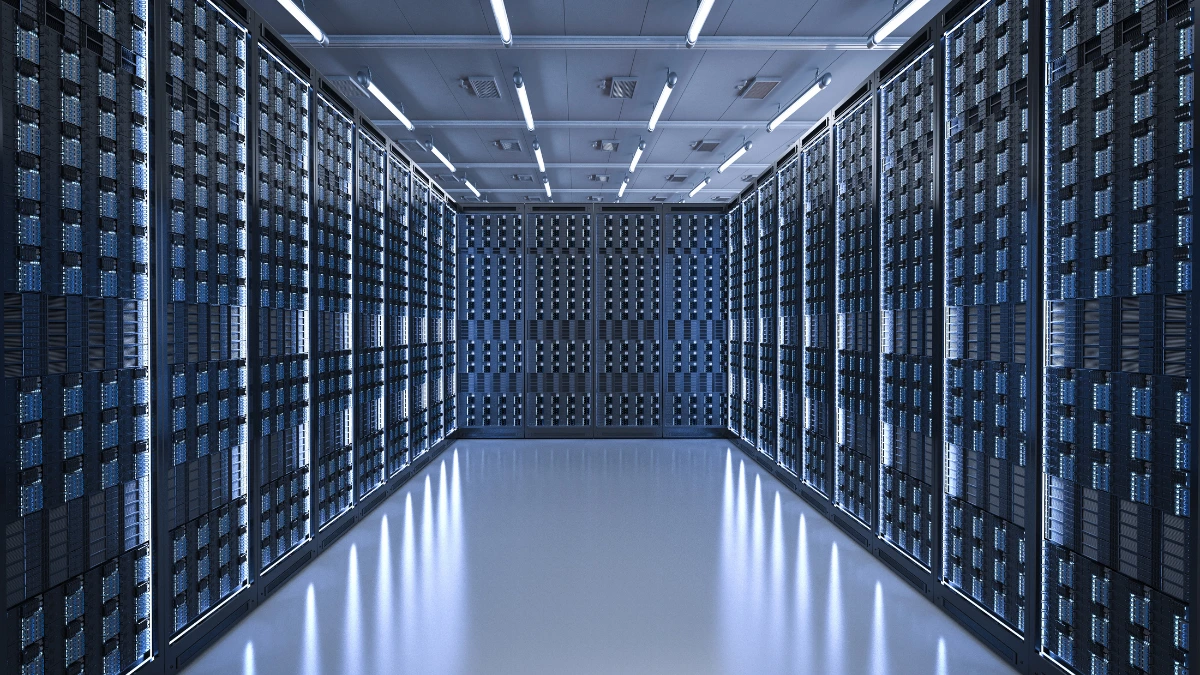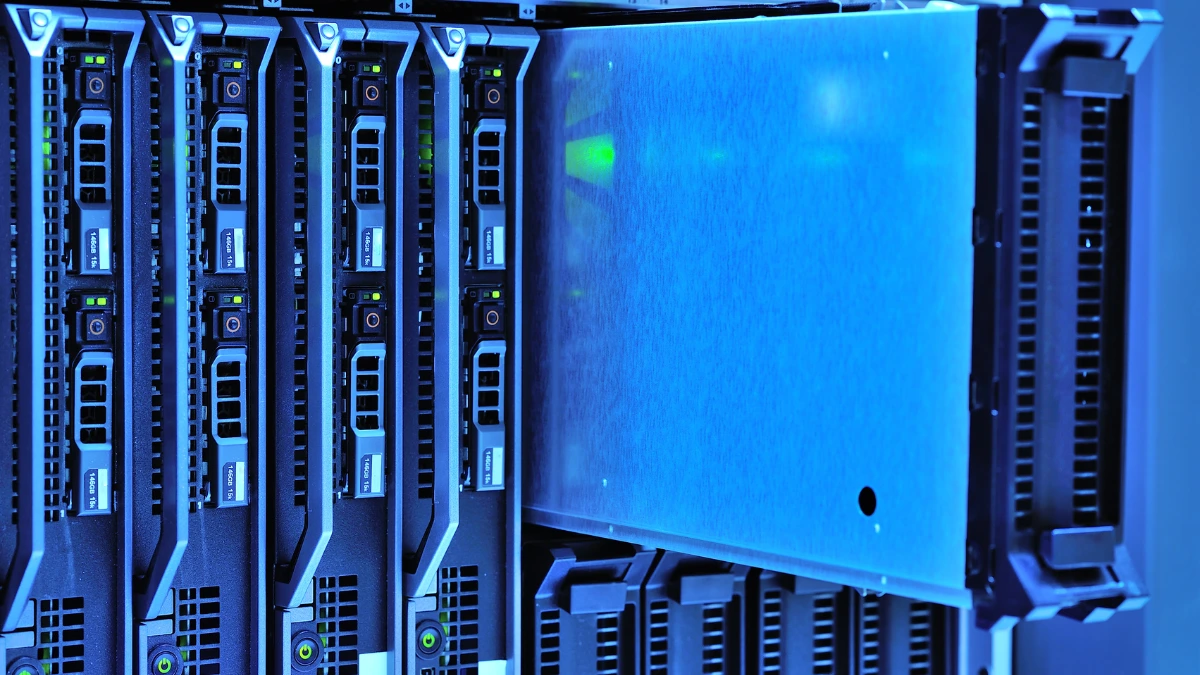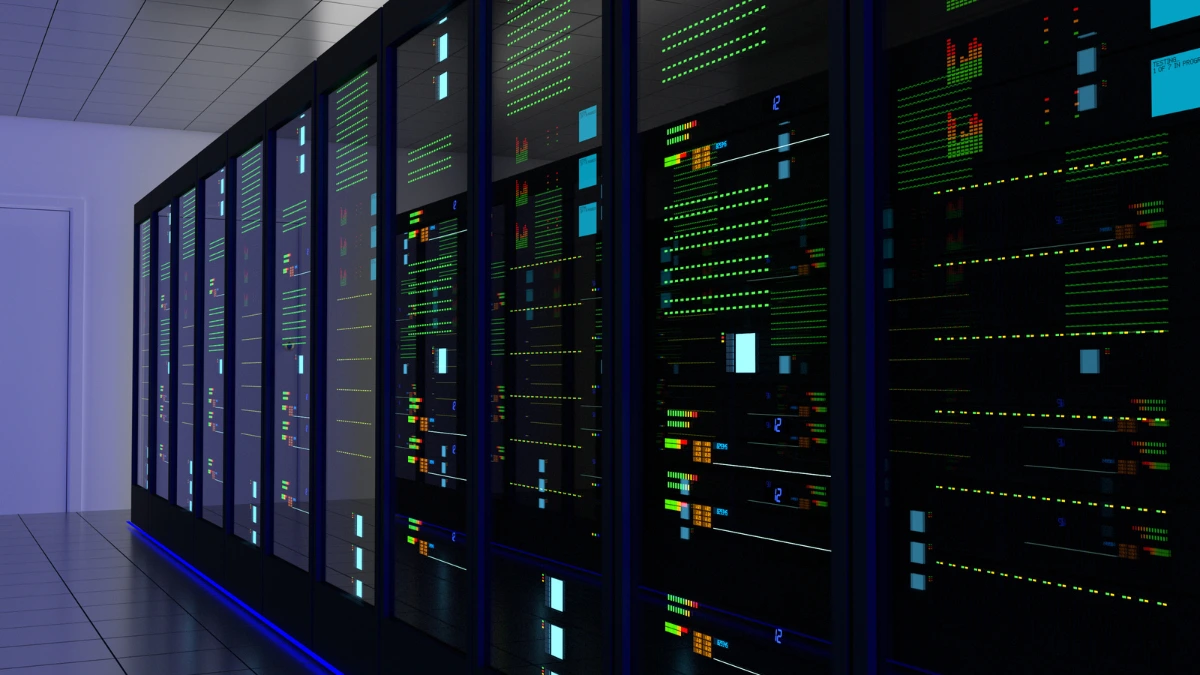The presence of a server provides a digital service center to other computer devices connected through a network. One type of server, according to its use, is the dedicated server, which offers several key functions and advantages.
The functions of a dedicated server include website and application hosting to improve performance. Moreover, the advantages include full control over the server, large data storage, to better security.
This article will give you information on dedicated servers, including definitions, functions, and the advantages they have.
What is a Dedicated Server?

A dedicated server is a type of server that is used exclusively. The entire physical server is used without sharing resources with other users. This means that the user has full control over the server, including the operating system, software, and security settings.
Due to the full control of the server, the configuration can be customized according to the user’s preferences. This, of course, also has an impact on producing high and stable performance.
Dedicated servers are suitable for businesses with high traffic, applications that require special configurations, and companies with sensitive data that require a high level of security.
The Functions
The dedicated server has several functions, from website and application hosting to improved performance. Here are some of its functions:
- Website and application hosting: Serves to host websites and business applications by providing optimal performance.
- File storage and backup: Serves as a storage and backup center for pending business data.
- Improves performance: Provides higher performance and faster response time for websites and applications.
The Advantages

The dedicated server has several advantages, from full control over the server, large data storage, to better security. Here are some of its main advantages in detail:
1. Full control over the server
One of the advantages of a dedicated server is full control over the server. Since the server is fully dedicated without sharing with other users, the user has access that allows for customization of the server according to their needs.
2. Not affected by other users
Not being affected by other users is another advantage of this server. Users do not need to worry about the negative impact of other users on the same server, because the server is intended for one user only.
3. Large data storage

By using a dedicated server, users can have a large storage capacity. This server is perfect if you need to store large amounts of data.
4. Configuration flexibility
Configuration flexibility is another advantage of this server. Users can configure the server according to their business needs, such as choosing an operating system and installing custom applications.
5. Better security
Another advantage of a dedicated server is better security. Users of these servers do not have to worry about the risk of security breaches, because with full access, any security system can be implemented as desired, such as custom firewalls, encryption, and other protective measures.
Those are the definitions, functions, and advantages of a dedicated server that you need to know. Another thing to note is that server on the market must pass the certification test from the Directorate General of Digital Infrastructure (DJID).
Server regulation is based on the Ministerial Decree (KEPMEN) No. 60 Tahun 2022, which requires all radio frequency-based devices to meet specific technical standards before being sold in the country.
With a DJID certification, users can feel calm about using a server device whose quality and security are guaranteed. For manufacturers or importers of server devices, obtaining certification from DJID is a mandatory step before the device can be officially marketed in Indonesia.
To simplify the certification process, Type Approval Services for ICT Products are available to assist with this process as a reliable solution. [UN].

